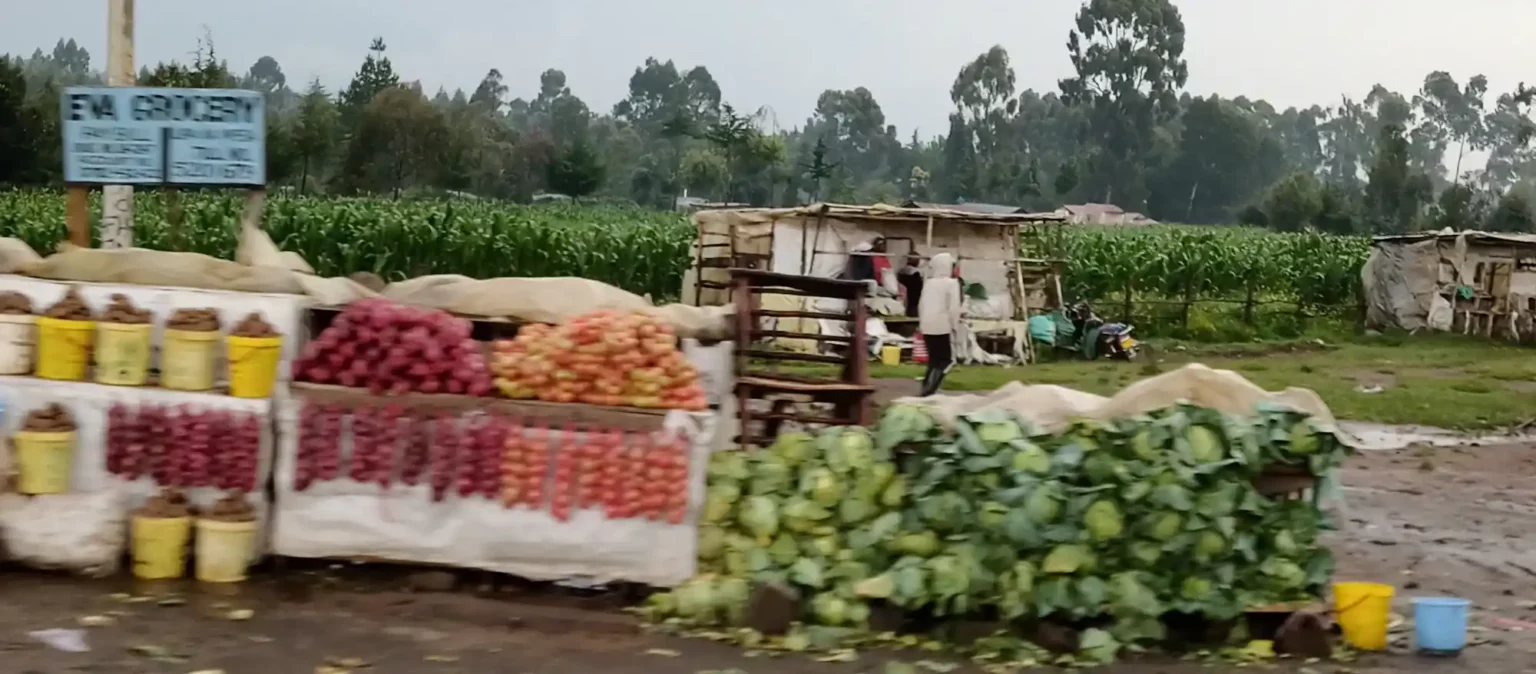Kenya’s year-on-year inflation experienced a notable decline in April, dropping from 5.7% in March to 5.0%.
This is the third month in a row that the Consumer Price Index (CPI) has dropped, from 6.9% in January to 6.3% in February and 5.7% in March.
According to the Kenya National Bureau of Statistics (KNBS, monthly inflation was negative (-0.2%) in April, indicating a slight price decrease compared to March. It was also the sharpest monthly decrease since June 2020.
During the month, food prices eased slightly due to lower sugar, maize, and flour costs. However, some vegetables like onions and tomatoes saw price increases.
Subsequently, fuel prices dropped significantly, with petrol and diesel dropping by 2.7% and 5.2%, respectively.
Inflation highlights. Inflation in April 2024 was 5.0 percent pic.twitter.com/pc3TYdxP0E
— Central Bank of Kenya (@CBKKenya) May 2, 2024
Inflation Outlook
The Monetary Policy Committee (MPC) expects inflation to continue falling due to these trends and ongoing measures to control inflation. In April, the MPC retained the current Central Bank Rate (CBR) at 13%.
“Looking ahead, inflation expectations seem uncertain as the reversal in the trend is largely subject to the escalation of geopolitical spats and local weather outcomes,” NCBA Research noted in its inflation reaction statement.
NCBA further says that while the impact of the recent long rains has yet to be officially assessed, there’s enough wheat and maize stock to cover needs until the end of August, alleviating immediate food security concerns.
However, ongoing heavy rainfall remains a concern because even though above-average rainfall is expected between May and July in parts of the country.
“Thus, the worry would be the extent of the transient destruction and disruption in the supply of agricultural goods to markets.”



